
 LANGUAGE
LANGUAGE
“Biodegradation of poly(ester-urethane) coatings by Halopseudomonas formosensis”
Plastic materials are indispensable in everyday life, they are inexpensive to produce and have many beneficial properties. But they are also a big problem because they accumulate in the environment, which has already led to global pollution. Although the term “plastic” is typically associated with things like bottles or bags, it is also widely used for the production of textiles, ropes, and fishing nets. The surfaces these materials are often coated with thin layers of polymers, e.g. so-called polyester polyurethanes, in order to improve and refine their properties. Such coatings, for instance, increase the durability of fishing nets, but they also make it even more difficult to break down or recycle these plastic materials.
One promising solution of this problem lies with microorganisms that are able to break down plastic and recycle its components. But which microorganisms can be used? Recently, bacteria of the genus Halopseudomonas have been discovered living in the deep sea, in sites contaminated with crude oil, or also simply in compost heaps. Researchers at HHU Düsseldorf and Forschungszentrum Jülich discovered that these bacteria have a particular appetite for coatings, and have published their results in two joint back-to-back articles in the journal Microbial Biotechnology.These publications thus provide detailed insights into the microbial degradation of plastics, underlining the importance of the newly isolated bacterium for future processes enabling plastic biodegradation and bio-upcycling. This work arose from a fruitful collaboration between the HHU Institute of Molecular Enzyme Technology IMET (funded by the BMBF projects NO-STRESS and PlastiSea) and the Jülich Institute of Bio- and Geosciences IBG-1 (funded by the EU Horizon 2020 project Glaukos). The coatings were provided by industry partners I-Coats and Covestro. The close collaboration between the IBG-1 and IMET teams with industry partners thus paves the way for potential applications in biotechnology and bioremediation.

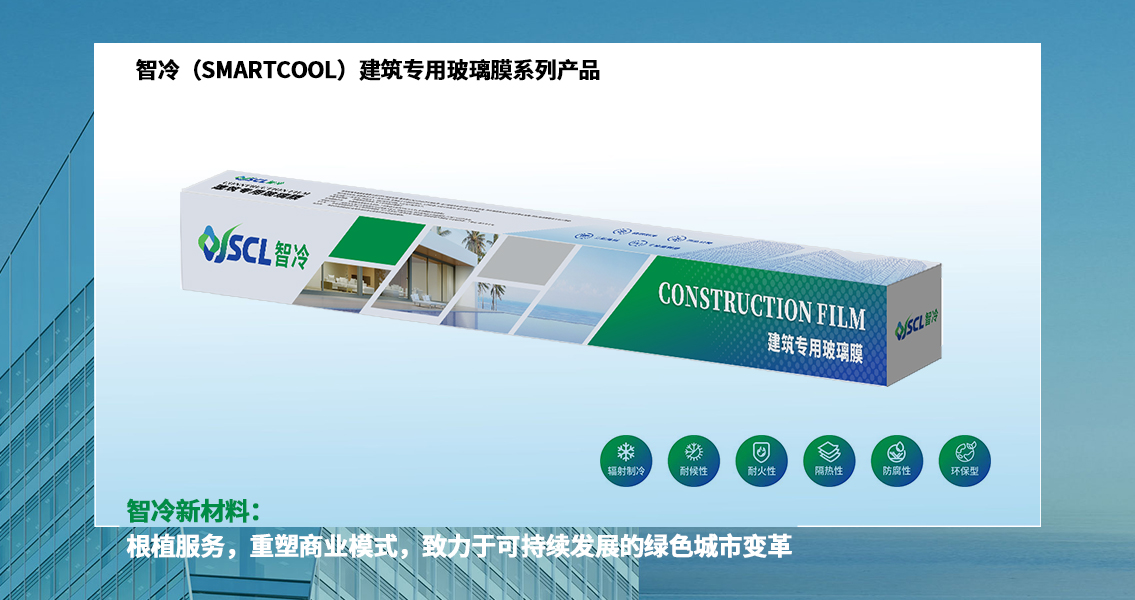
Currently, the challenge of global climate change is intensi...
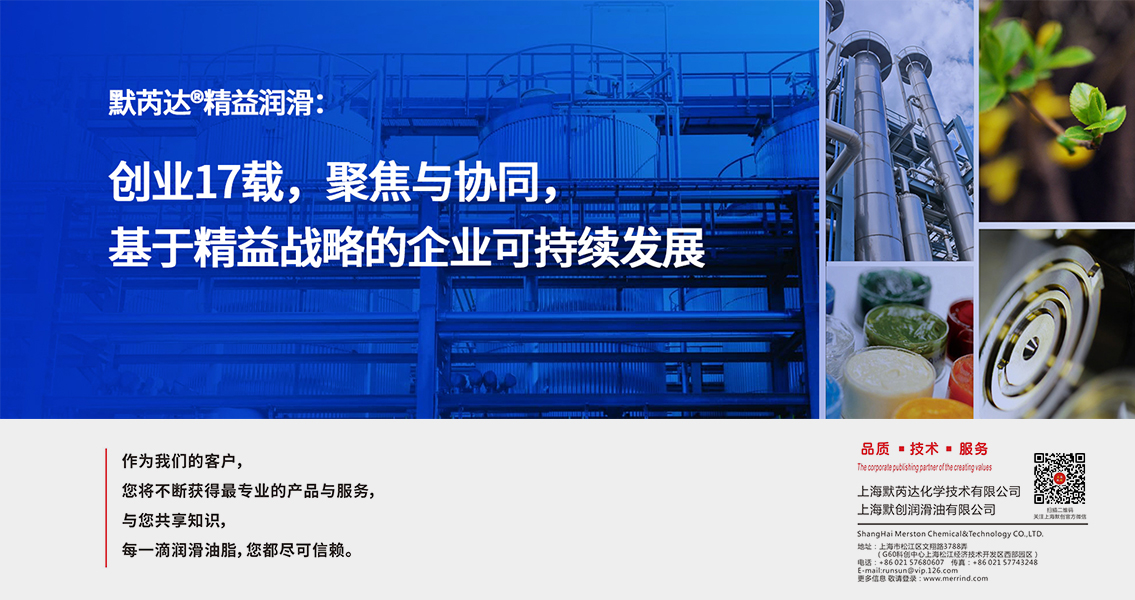
MerRIND ® The Lean Lubrication brand was established in ...
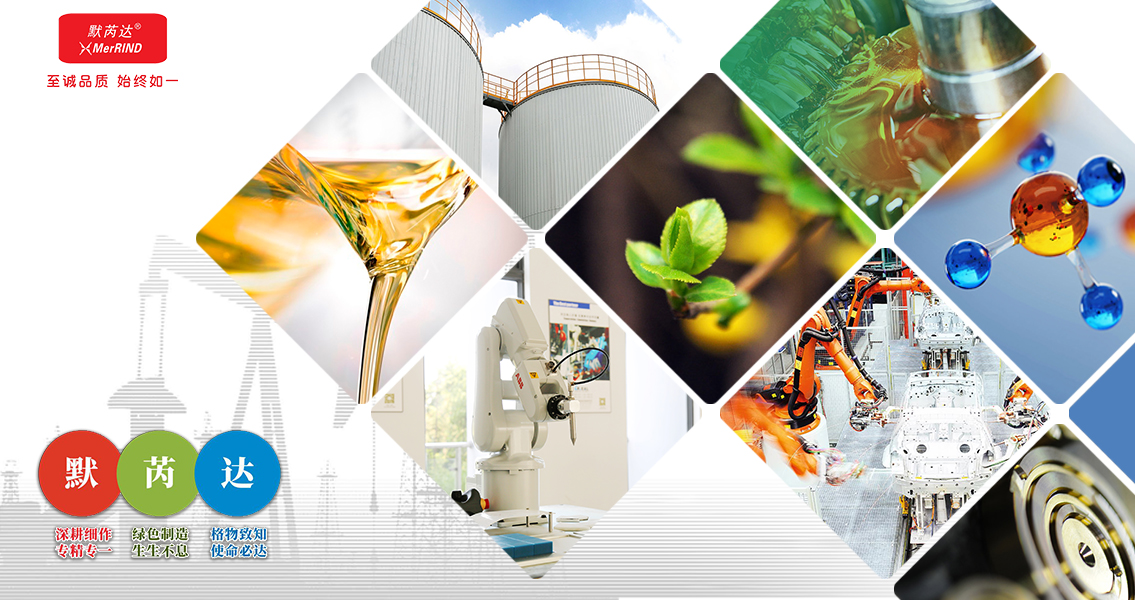
In the long course of human civilization's evolution, we...
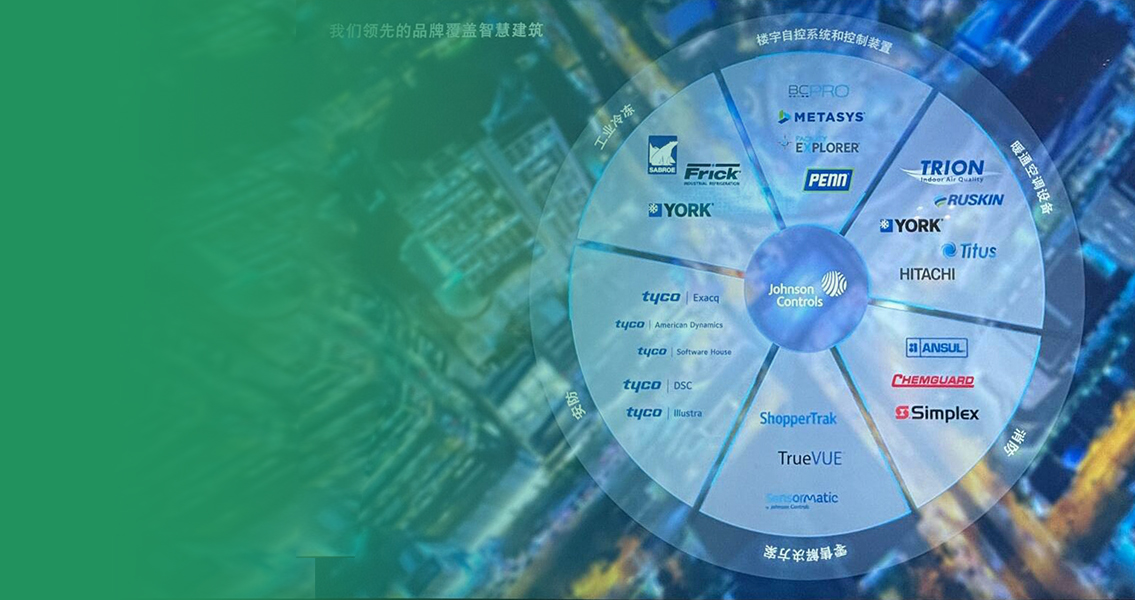
In the long river of human history, new technologies hav...
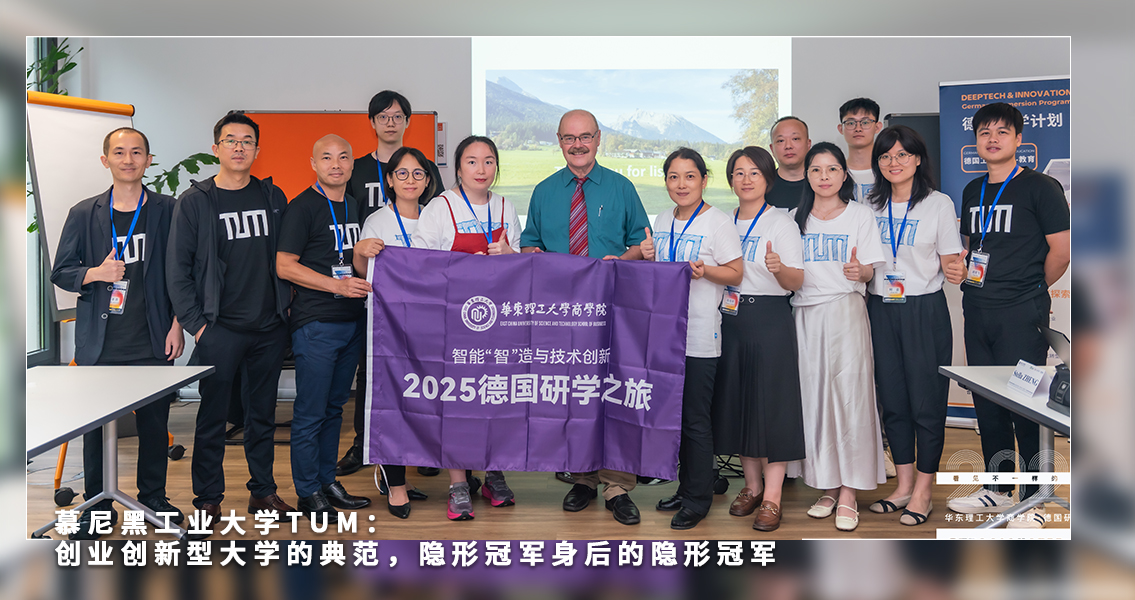
Hidden Champion "is a concept proposed by German busines...
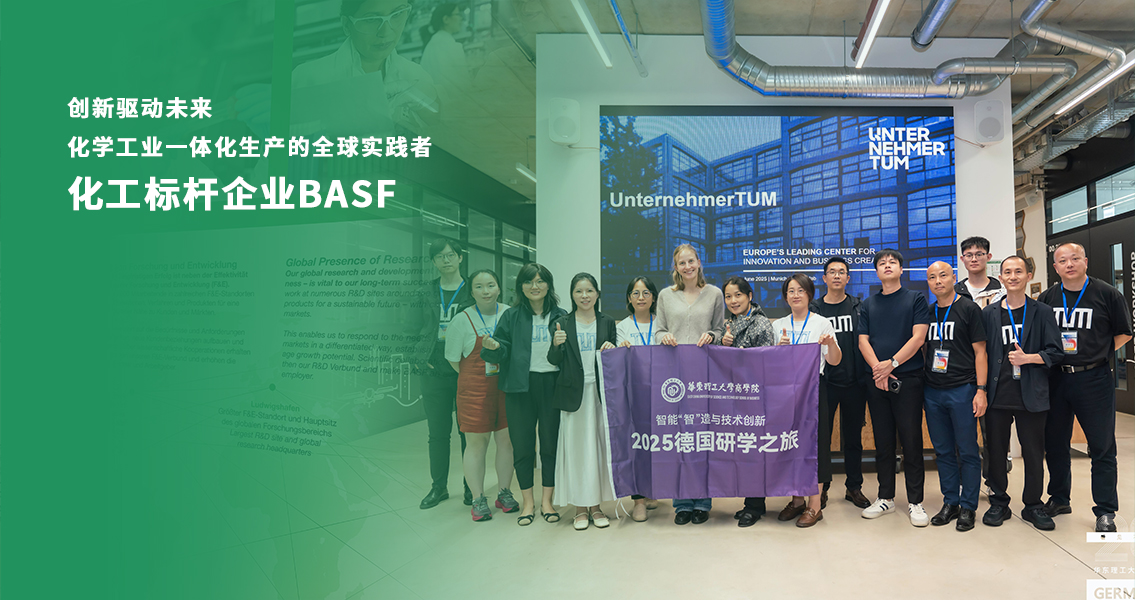
On July 25, 2025, the Rhine River is rippling with blue ...
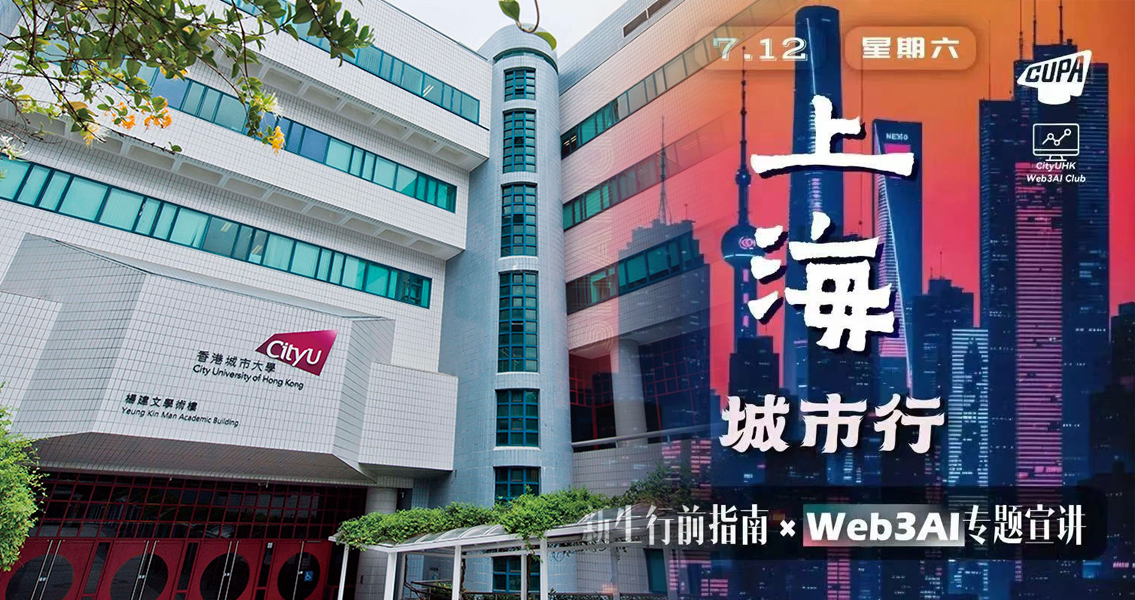
On July 12, 2025, the 2025 City Trip · Shanghai S...

MerRIND ® Lean Lubrication takes great pride in part...

Folding phone development trend: With its innovativ...

In today's world, technological progress and innovation ...